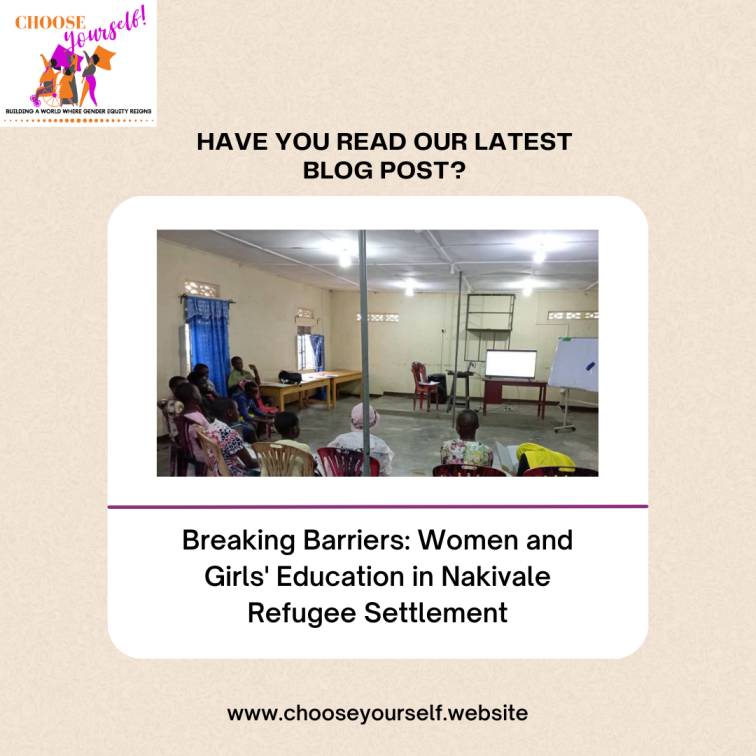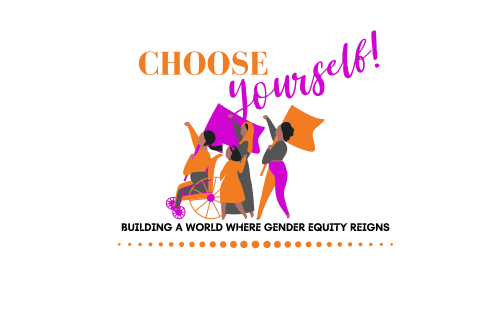In Nakivale Settlement, many children are forced to flee their homes and communities and are often deprived of their right to education and their path to a hopeful and productive future. Education provides stability and a sense of normalcy; it creates hope while preparing refugees to meet future challenges.
With the skills and knowledge provided by education, refugees find it easier to integrate into new communities. In regions devastated by endemic violence, a skilled, educated population is vital for the reconstruction and long-term development of both host countries and countries of origin.
When refugees contribute to economic development, the wealth of the entire community can increase: the new goods and services that are offered create jobs and products valued by all. The creation of new revenue and opportunities for both host and refugee communities contributes to the integration of refugees into society.
The problem with refugees’ education is that when they reach the country of asylum the majority lose hope and stop thinking about education also after a study it was noticed that the majority of women in the Nakivale refugee are widows which affects their ability to upskill or sought education of their children in the lack of means and also lack of hope makes them give up on the future. The majority of refugees think that when they leave their country everything stops.
“Hope is the belief that tomorrow can be better than today, and that good things are possible even in the midst of difficulty and uncertainty. For refugees, hope is the spark that keeps them going, the flame that lights the way to a brighter future.” – Aya Chebbi, Tunisian diplomat, feminist, and Pan-African activist.”
At CY, we are reminding refugees that everyone has the right to education, especially their kids, who still have all their future in front of them.
Every child has the right to education:
The right to education does not cease to exist when a child is on the move, and it should not vanish even in a place with few resources or systems, such as refugee camps, informal settlements, or temporary living spaces. When children have fled across borders and find themselves in a new country, providing quality, accessible education for displaced children is an immense and multi-faceted challenge.
Education systems in the places where people settle as refuges might be non-existent, weak, or overburdened. There are issues with the lack of inadequate physical infrastructure, too few teachers and educational staff, and differences in languages, curriculum, and educational systems between countries of origin and host countries.
These problems often require specialized offerings such as language classes, we are aware that most children have difficulty adapting to the English system. At CY, we are filling in these gaps through Nice and Sharp book club, which runs twice a month and supports children at the Nakivale refugee camp to learn English. We also support a few girls through our sponsorship program, where we pay for their education and ensure they have all they need to integrate within the school curriculum. CY Our dream is to accommodate more kids to school and create a sense of normalcy by y constructing a primary school around the Camp to support parents.
PRIORITIZING EDUCATION
At choose yourself we are prioritizing education without leaving behind refugees, for now we dedicated ourselves to two areas of focus in our education program.
SENDING KIDS TO SCHOOL
The majority of parents would like their kids to go to school, but they don’t have the means, that is why CY took care of all formal educational needs of some children such as School need materials and school fees.
LANGUAGE INTEGRATION FOR CHILDREN
Since the Nakivale settlement is in Ugadan, and it’s welcoming refugees from more than 6 countries (DRC Congo, Burundi, Rwanda, ethiopia, Somali, south soudan and eritrea) for education matters we created an English club to help children to integrate with the English system of Uganda.
With a focus on girls – Displaced children are at a disadvantage: fewer than 23% can access education. Of this already small group, fewer than 30% are girls. CY Recognizes this disparity and offers focused programmes that support girls as they progress throughout primary school and transition to secondary education. And soon hope to create a girls’ room so that they can advise each other and stay focused.


